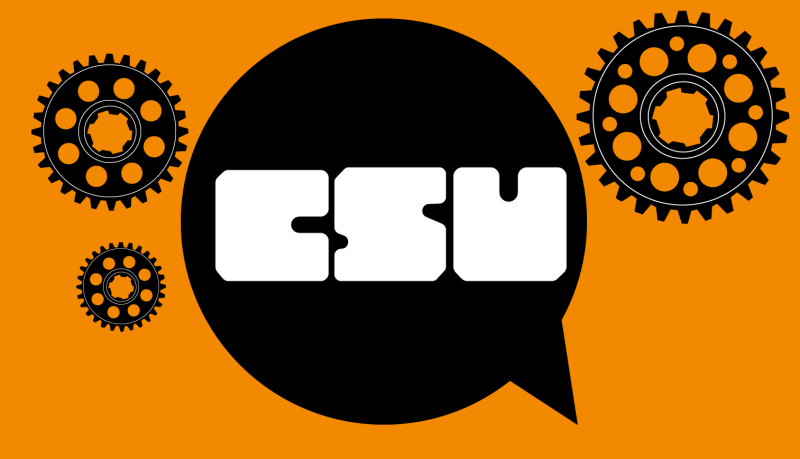In support of clubs ranging from Space Concordia to UAV (Unmanned Aerial Vehicles) Concordia, dozens of students from Concordia University’s School of Engineering and Computer Science attended Concordia Student Union’s (CSU) on Sept. 18.
The meeting was largely focused on allocating funds for a variety of on-campus initiatives and organizations. Engineering students from a variety of clubs presented funding requests to the CSU.
Space Concordia is an on-campus organization dedicated to building the first student-designed rocket capable of entering outer space. According to Space Concordia’s website, the group’s rocketry division has never had a launch failure in the last four years. The organization’s President, Hannah Halcro, presented to CSU and secured funding for another year. Halcro said she did not expect the CSU’s overwhelmingly positive reaction.
“I’m floored and surprised and so so so happy,” Halcro wrote in a statement to The Concordian. “The CSU’s support means so much, to not just me – I think I can speak for all of us involved in technical projects at Concordia.”
There are eight seats allocated to the School of Engineering and Computer Sciences on CSU’s Council of Representatives. Six of the seats remain vacant with only two councillors serving.
Désirée Blizzard, CSU finance coordinator, and fourth-year engineering student, said in previous years she was not involved with on-campus politics because of work. Although Blizzard was unable to partake, she said she has friends who are involved in clubs and need more funding. “I was always kind of jealous at the intensity they go at their projects,” said Blizzard in an interview with The Concordian. “I also know how much in engineering you need to rely on technology.”
UAV Concordia is a student club that competes internationally with UAV technology, such as drones. They requested newer computers. According to representatives from the club presenters, members often have to camp while travelling due to budgetary constraints.
This year, UAV Concordia received funding to continue operating and upgrade its existing technology.
Blizzard said that supporting on-campus clubs like Space Concordia or UAV Concordia assists the clubs financially and also symbolically. She said providing funds to engineering clubs shows students in those programs that CSU values them.
“Breathing life into these relationships between CSU and engineering, if anything, would encourage some engineering students to run for council,” said Blizzard.
After the engineering presentations finished, many of the students left the meeting. Following the CSU’s approval of the Space Concordia budget, Halcro said she felt encouraged by CSU listening to engineering student’s concerns.
Graphic by @sundaeghost
